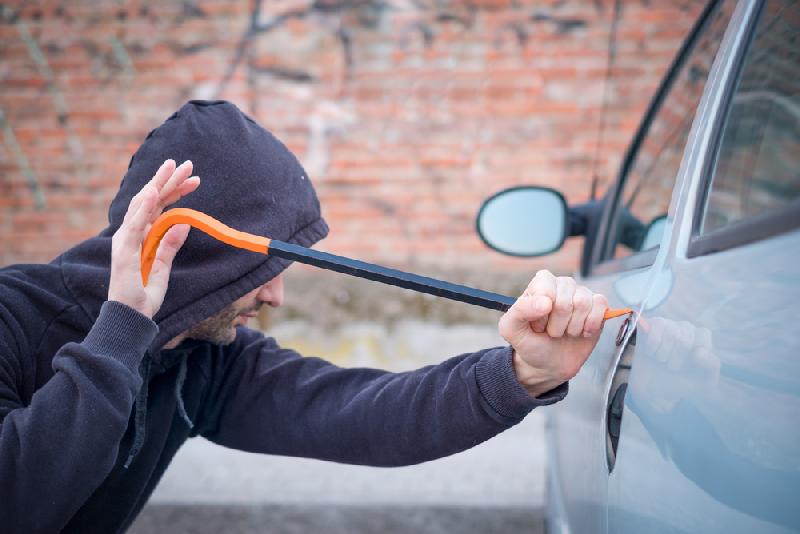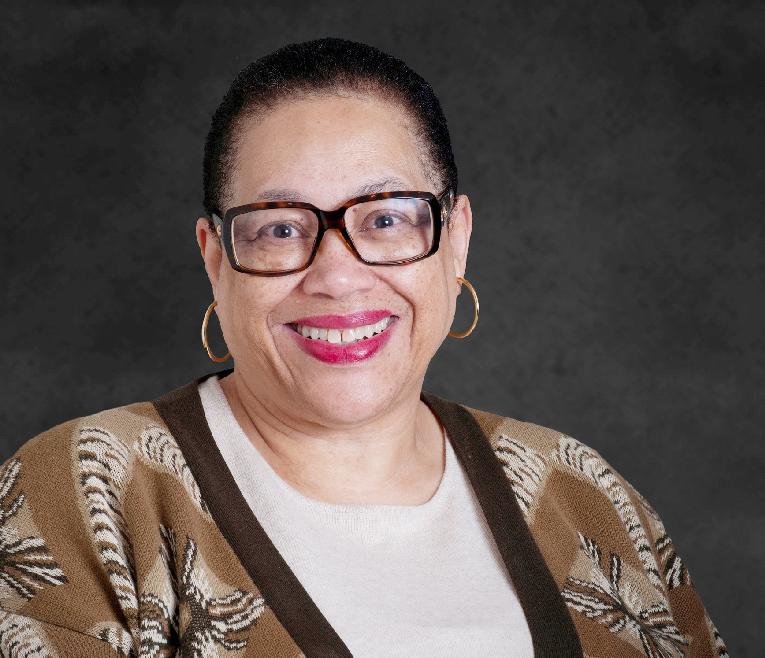 According to PJStar, former Peoria man filed a lawsuit that has been thrown out by a federal judge due to statute of limitations restrictions.
According to PJStar, former Peoria man filed a lawsuit that has been thrown out by a federal judge due to statute of limitations restrictions.
Johnnie L. Savory was convicted of killing 19-year-old Connie Cooper and her 14-year-old brother, James Robinson, at their home. The victims were fatally stabbed in June of 1977, and as a result, Savory spent almost 30 years behind bars.
Savory was 14 at the time, and he claims that he was coerced into making a false confession after 31 hours of “abusive and illegal interrogation.”
The judge that oversaw the case, U.S. District Judge Gary Feinerman, is based in Chicago and seemed sympathetic, but he also noted that the statute of limitations is “unforgiving.”
“Because Savory?s claims are barred by the applicable statutes of limitations, this suit is dismissed. The dismissal is with prejudice because repleading could not possibly cure the claims? untimeliness,? wrote Judge Feinerman.
In 1962, 11.5% of federal civil cases went to trial. Today, experts say the percentage of civil cases that actually reach trial in the Federal courts is estimated to be about 1%, oftentimes due to legal restrictions such as statutes of limitations.
There are 1,315,561 lawyers in the United States, and Savory, now 55, worked with his lawyers to draft the suit, which also claims that the city of Peoria destroyed evidence and that DNA testing performed recently proves that Savory shouldn’t have even been a suspect, let alone receive a conviction.
Northwestern University?s Center on Wrongful Convictions states that aside from the confession that was obtained illegally, the only other evidence was inconclusive. It showed the alleged weapon used for the double murder — a knife, which was later found in Savory’s possession. However, it shows traces of blood that were too minuscule to test at the time. A pair of pants with blood stains was also taken from Savory’s home, but they were several sizes too large to fit him. The final clues were several hairs taken from the scene, which were said to microscopically resemble Savory’s.
Savory filed the suit in Chicago in January, and it named multiple former officers as well as City Hall as defendants. He was tried twice: the Third District Appellate Court overturned his first conviction, determining that his alleged confession had been involuntary and that there had been a violation of his Miranda rights.
Savory was tried and convicted again in 1981, when two out of the three witnesses who testified at his second trial took back their stories two years after Savory appeared in court. Most recently, Savory successfully had his name and conviction expunged from official court records.




